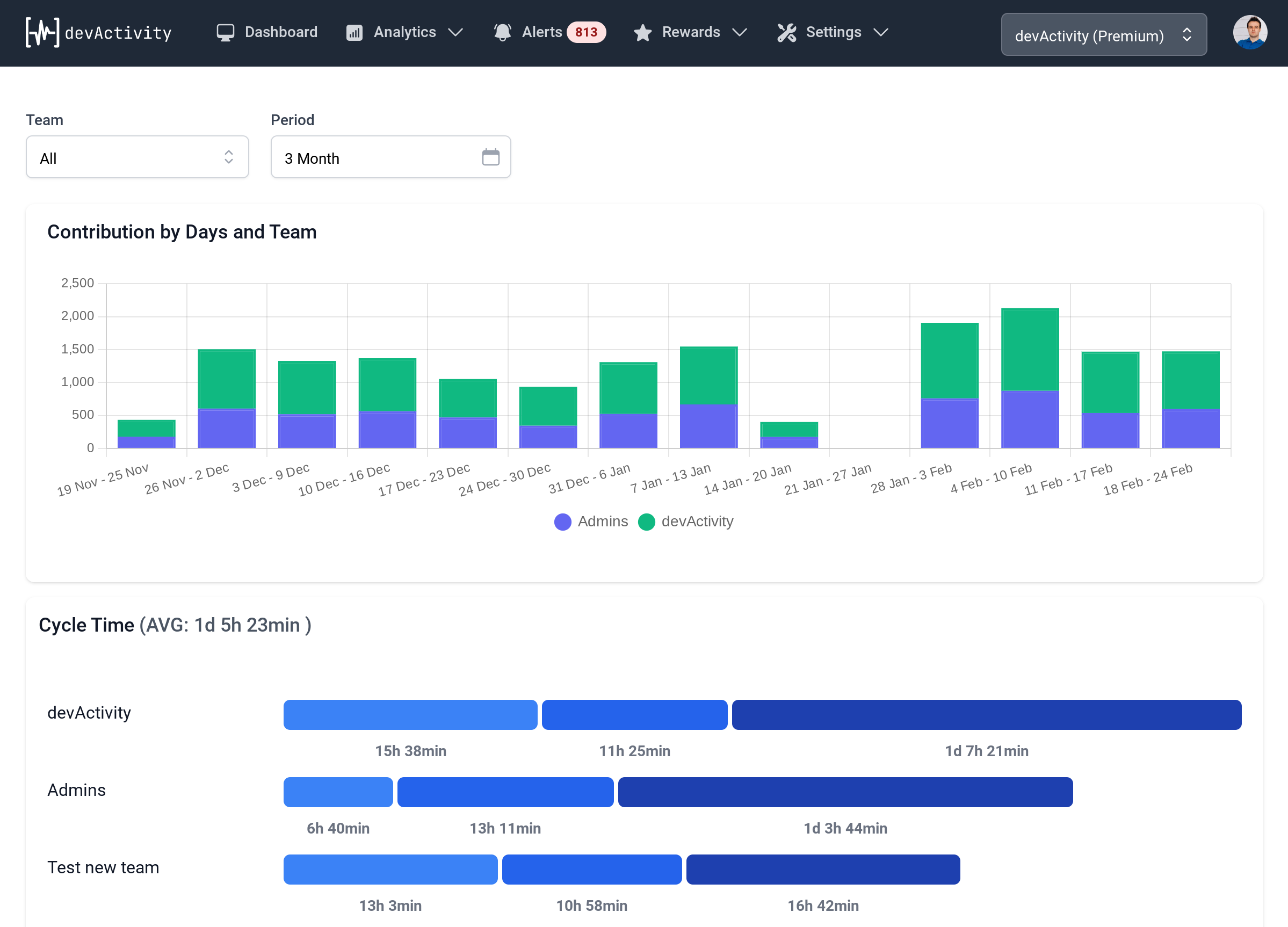Boost Software Developer Productivity: Tips, Tools & Metrics

Imagine this: You'rea software developer, you've got a deadline looming, your inbox is overflowing with requests, and you're staring at a screen full of code. You're feeling the pressure. We've all been there. But what if there was a way to tackle this pressure head-on and not only meet, but even exceed your goals? That'swhere the magic of software developer productivity comes in.
Don’t worry, you don't have to be a coding wizard to unlock developer productivity. This guide will take you through the key ingredients you need, from understanding the tools and metrics to implementing practical strategies and getting everyone on the same page. It's like having a secret recipe for software development success!
Why Software Developer Productivity Matters
In the world of software development, software developer productivity isn't just about churning out lines of code. It'sabout creating high-quality software, delivering it on time and on budget, and ensuring that it meets the needs of your users. Think of it like building a house - you want to build a sturdy, beautiful home, not a rickety shack. That's where productivity comes in, it's the foundation for building great software!
Here's why it's so crucial:
-
Faster Time to Market: In today's fast-paced world, getting your software to market quickly is crucial. More productive developers can create and release new features faster, giving you a competitive edge.
-
Higher Quality Software: Productive developers have more time and mental energy to focus on writing clean, well-tested code. This leads to higher-quality software with fewer bugs.
-
Improved Customer Satisfaction: Well-written, reliable software leads to happy customers. By increasing developer productivity, you can create a better user experience and foster customer loyalty.
-
Increased Profitability: A more efficient development process means you're spending less on resources and development time. This can significantly boost your profitability.
Understanding the Keys to Software Developer Productivity
So, how do you actually increase software developer productivity? The answer is multifaceted, just like a software development project! It's about understanding what motivates your team, what gets in their way, and how to optimize their workflow. Let's break down some key elements:
1. The Right Tools and Technologies
Think of tools as the power tools in your development toolbox. They’re essential for getting the job done right. The right tools can automate tasks, eliminate repetitive work, and help developers focus on the creative aspects of their work.
Some essential tools include:
-
Integrated Development Environments (IDEs): These are the bread and butter of software development, offering features like code completion, debugging, and version control integration. Popular examples include Visual Studio Code, IntelliJ IDEA, and Eclipse.
-
Version Control Systems: These systems track changes to code, allowing teams to collaborate efficiently. Git is the most popular version control system, with platforms like GitHub and GitLab providing hosted solutions.
-
Project Management Tools: These tools help teams plan, organize, and track their projects. Popular examples include Jira, Asana, and Trello.
-
Communication and Collaboration Tools: Effective communication is key to any team. Tools like Slack, Microsoft Teams, and Google Meet facilitate seamless collaboration.
-
Continuous Integration and Continuous Delivery (CI/CD) Tools: These tools automate the build, test, and deployment process, helping to streamline the development lifecycle. Popular examples include Jenkins, Travis CI, and CircleCI.
2. Metrics That Matter
Data is your friend in the quest for software developer productivity. Metrics can provide valuable insights into your team'sperformance, helping you identify bottlenecks and areas for improvement.
Here are some key metrics to consider:
-
Cycle Time: The average time it takes to complete a task, from start to finish.
-
Lead Time: The time it takes to complete a task, from the moment it's requested to the moment it's delivered.
-
Throughput: The number of tasks completed within a given timeframe.
-
Defect Rate: The number of bugs found per line of code.
-
Code Coverage: The percentage of code that is covered by tests.
3. Boosting Developer Motivation
Let's face it, a happy developer is a productive developer! Think of it like a garden - you need to nourish your plants for them to flourish.
Here are some tips to keep your development team motivated:

